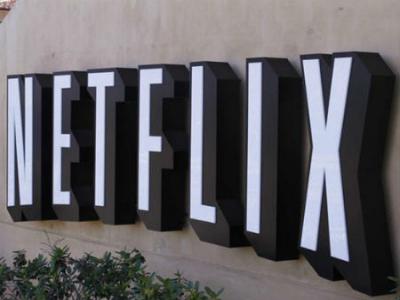Netflix to FCC: AT&T-DirecTV Deal Needs Work
The smarter way to stay on top of the multichannel video marketplace. Sign up below.
You are now subscribed
Your newsletter sign-up was successful

Netflix has told the FCC not to approve the AT&T-DirecTV merger as it is currently constituted, saying the new company would have the incentive and ability to slow competing over-the-top video offerings and unbundled offerings.
In a letter to the FCC dated Monday (May 4), Netflix counsel Markham Erickson pointed in part to the collapse of the Comcast-Time Warner Cable deal, saying that now made a potential AT&T-DirecTV the "largest multichannel video programming distributor" in the country, and possibly largest broadband provider given "projected" AT&T broadband investments.
"AT&T already has a demonstrated ability to harm OVDs by leveraging its control over interconnection to degrade its own customers' access to Netflix's service," Netflix told the FCC. "Comcast degraded Netflix's service in late 2013 and early 2014. AT&T presumably could have used this episode to take customers from Comcast. Instead it engaged in a similar long-term degradation of its customers' access to Netflix," said the company. Comcast has disputed that characterization.
"AT&T also has shown an interest in using data caps and usage-based pricing methods, which it can apply discriminatorily to advantage its own services," Netflix said. "If AT&T is able to slow the development of the OVD industry, either by foreclosing access to broadband customers or imposing discriminatory data caps, AT&T would be able to preserve its market advantage by slowing or even reversing the shift toward competitive online video offering and away from bundled video/broadband offerings."
AT&T declined comment, but said in its own filing to the FCC last month:
"[I]t is clear that this transaction creates no economic incentive for the merged firm to harm OVDs. While Netflix mischaracterize[s] their commercial peering disputes as evidence of such an incentive, the record does not support those claims."
"As one network analyst has explained, 'Netflix chose to create, and use paths that [it] knew were congested, simply because they were cheaper than using paths that were less congested. This strategy apparently overwhelmed Netflix's chosen low price providers, causing congestion and impacting service quality for its customers," AT&T said.
The smarter way to stay on top of the multichannel video marketplace. Sign up below.
Netflix has already told the FCC what conditions the deal would need to make it approvable, notably allowing it to charge for interconnection and excepting any AT&T service from fixed or mobile data caps.
Contributing editor John Eggerton has been an editor and/or writer on media regulation, legislation and policy for over four decades, including covering the FCC, FTC, Congress, the major media trade associations, and the federal courts. In addition to Multichannel News and Broadcasting + Cable, his work has appeared in Radio World, TV Technology, TV Fax, This Week in Consumer Electronics, Variety and the Encyclopedia Britannica.

